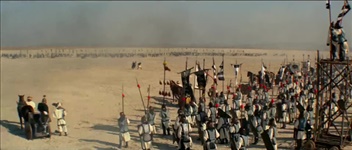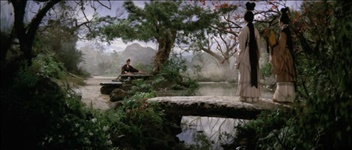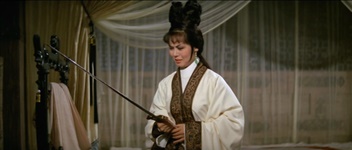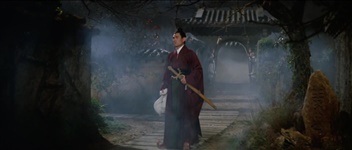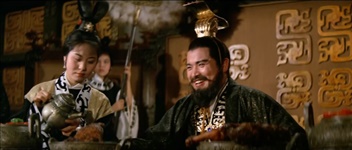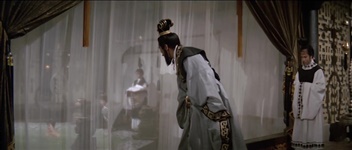The Last Woman of Shang (1964)
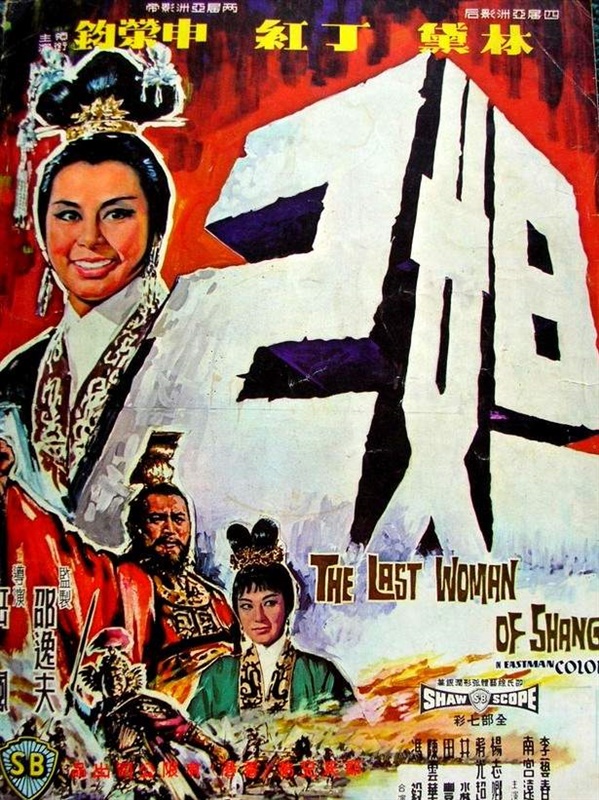
Historical epic about Su Daji, a woman who swears revenge on the vainglorious Emperor Zhou after he kills her father, based on a false allegation by a corrupt minister. Her maid convinces her to use her feminine whiles to beguile the Emperor then lead him to ruin. She does such a good job of this that it brings down the entire Shang Dynasty.
Su Daji is normally represented as an evil character, possibly possessed by a fox spirit, due to her role in bringing down an empire and her reportedly cruel behaviour. This film takes her side though, depicting the emperor as an irredeemable fool and his downfall as something that needed to happen. By boosting his worst proclivities she expedites his fall - albeit with quite a lot of collateral damage.
The Last Woman Of Shang is a lavish, luscious production from Shaw Brothers. It was a co-production with Korea, which is presumably why several members of the cast and crew have Korean names, and was partially filmed there. It had a high budget ($HK4,000,000 according to contemporary reports) and Shaw Brothers certainly pulled out all the stops.
The sets and costumes are gorgeous, some of the most stunning I can remember seeing from this era. It features some epic battles - relatively speaking at least, they perhaps fall short compared to the best examples. For the most part the film serves up glorious melodrama in spades, and it gets surprisingly bloody at times - in fact even the opening credits feature a decapitation.
This film is noteworthy for being Cheng Pei-Pei's first film, appearing as a dancer and choreographing the dance sequences, which is how she entered the film industry. Unfortunately I can't say that I noticed her amongst the dancing girls who make up half the cast list, though I did spot Lily Li Li-Li (also in her first appearance).
Unfortunately it was one of the last films to feature lead actress Linda Lin Dai as she committed suicide shortly before its release, leaving behind a handful of other films that were released posthumously.
This doesn't seem to be a well-known or oft-discussed film in the Shaw Brothers library, despite clearly being something of a big deal at the time. I guess that being neither a wuxia or a Huangmei Opera it doesn't fit into the specific buckets that people tend to explore in this era of Hong Kong Cinema, but it is surely a noteworthy artefact.
Cast
Crew
| Director | |
|---|---|
| Production Company | |
| Writer | |
| Producer | |
| Assistant Director | |
| Cinematographer | |
| Editor | |
| Soundtrack |
